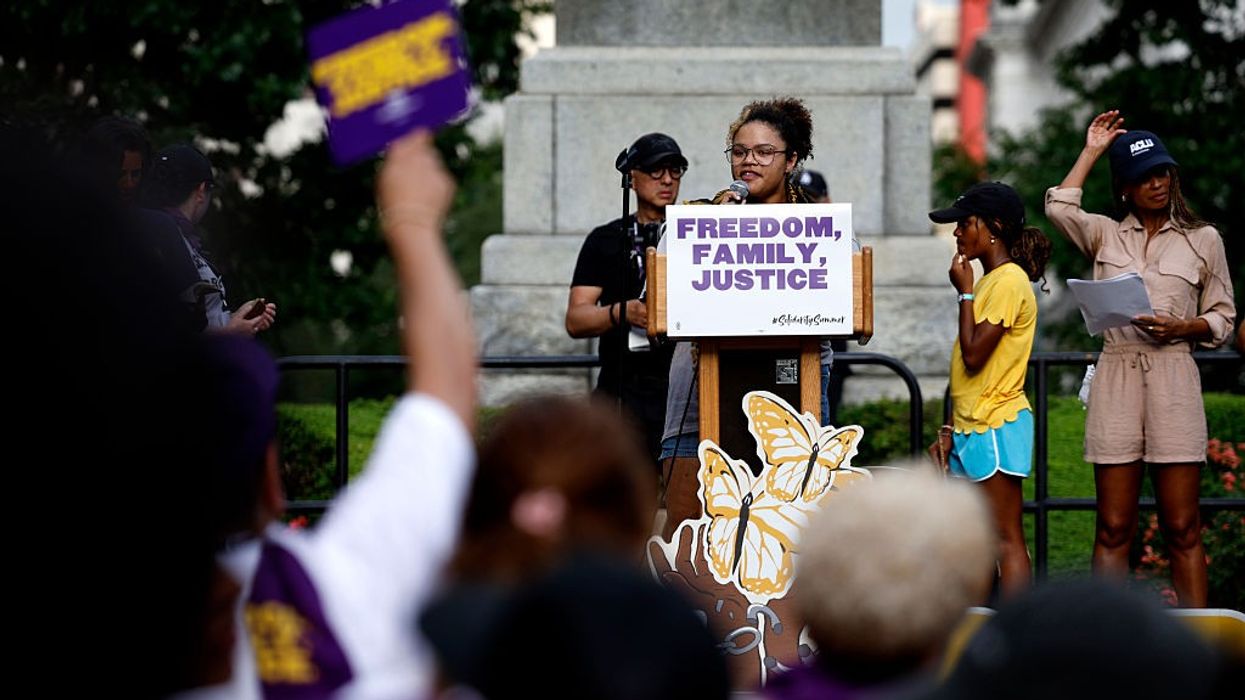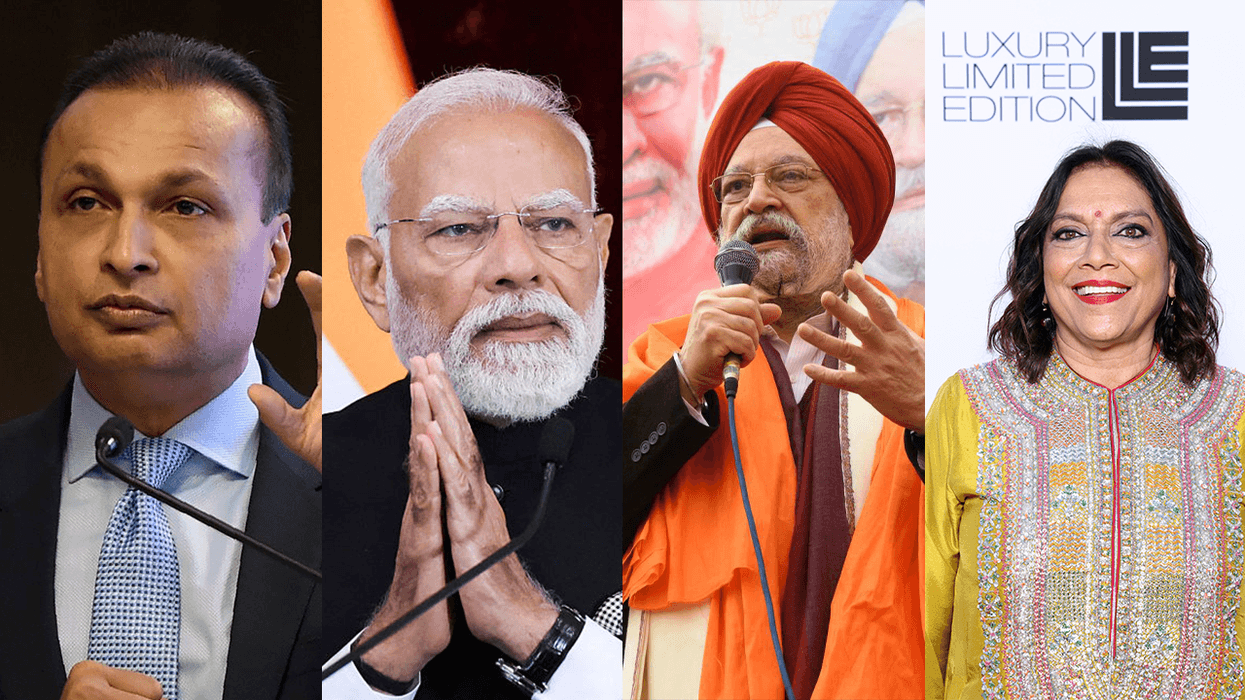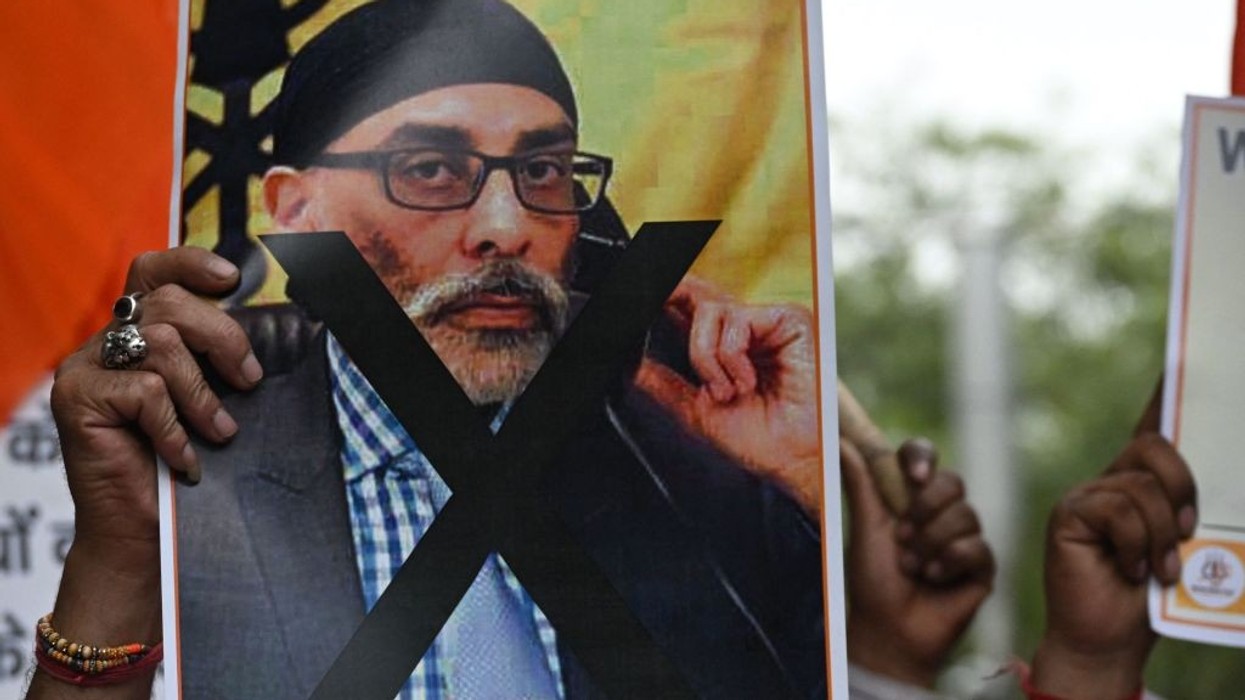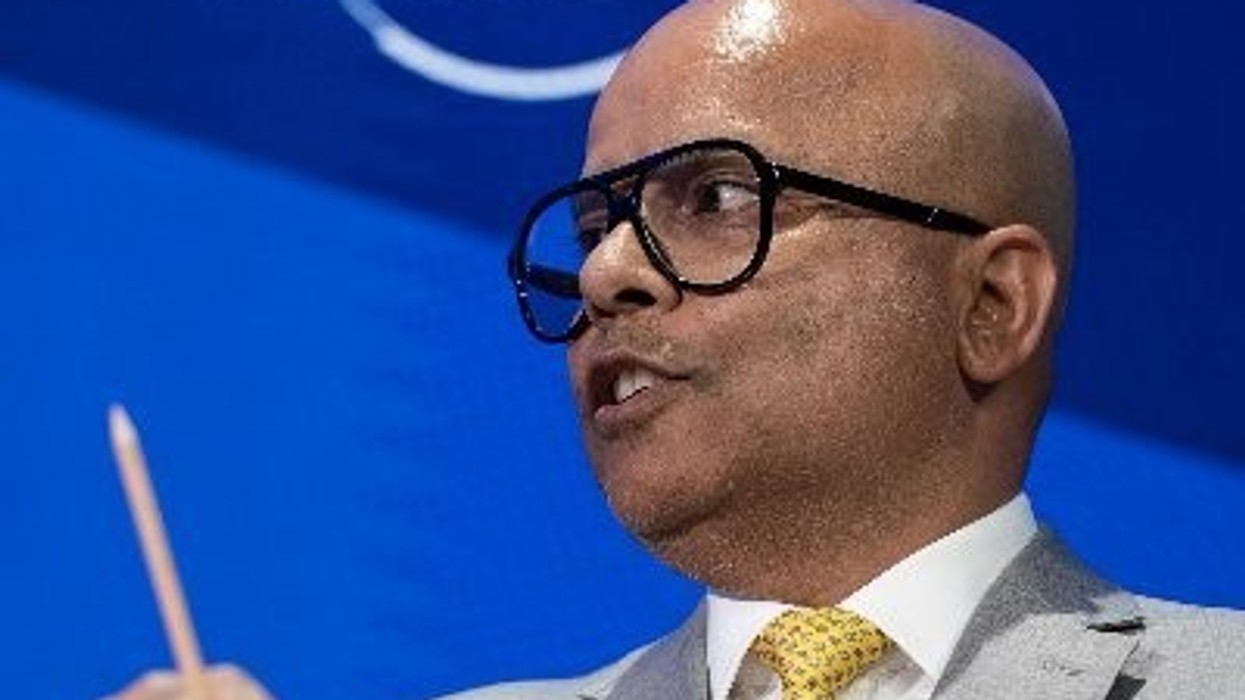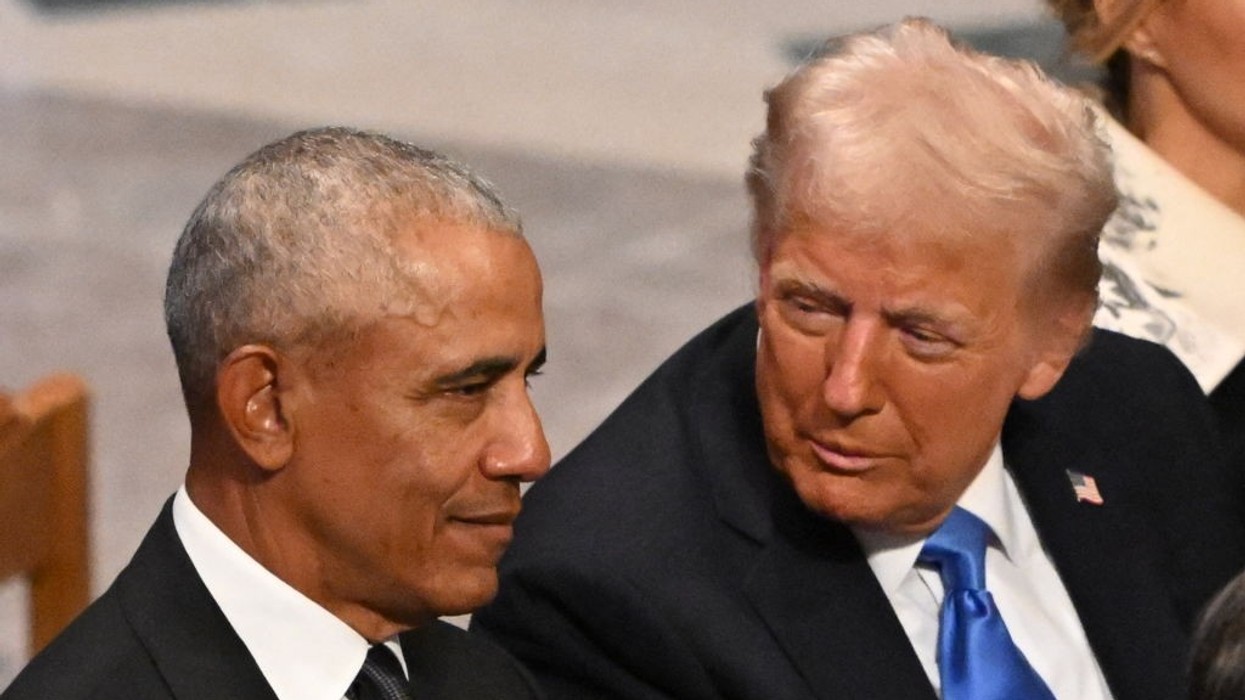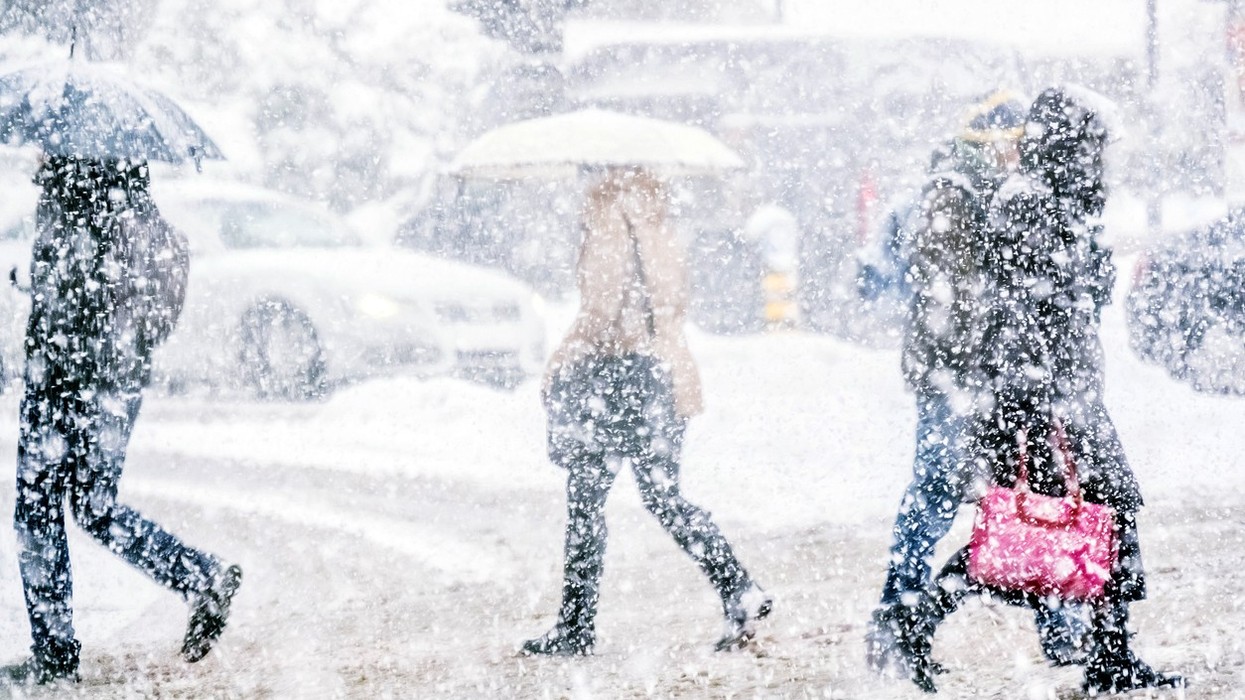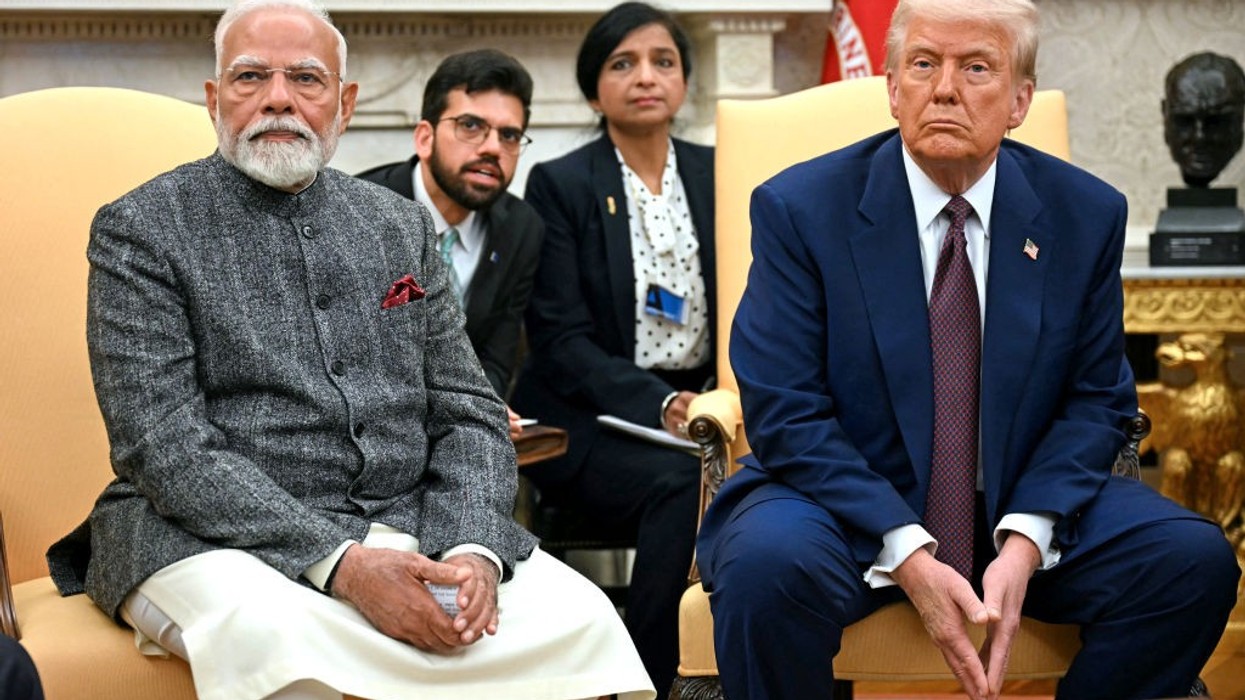Highlights:
- Over 6,000 student visas revoked in latest US crackdown.
- Nearly 4,000 cancellations linked to criminal offenses, including DUI and assault.
- 200–300 visas cancelled over suspected terrorism ties.
- New rules mandate disclosure of social media accounts for vetting.
- Critics warn crackdown may damage America’s global higher education reputation.
The United States has revoked more than 6,000 international student visas in a sweeping enforcement action that signals tougher scrutiny of non-immigrant protocols. Announced by the US State Department, the move comes after investigations uncovered a range of law violations, visa overstays, and direct links to criminal activities and terrorism. The crackdown coincides with new and stricter vetting measures introduced by the Trump administration, affecting all student visa applicants.
Criminal offenses drive majority of cancellations
Of the visas revoked, nearly 4,000 were tied to criminal offenses, representing two-thirds of the total cancellations. Offenses cited included assault, burglary, and driving under the influence (DUI), with officials highlighting the direct risks posed to campus and community safety. The scale reflects a robust zero-tolerance policy towards individuals failing to comply with US laws while holding student status.
Authorities emphasized that enforcement action was prioritized especially for those students who not only broke the law but had overstayed their permitted duration within the United States. Overstaying a visa continues to be a recurring ground for cancellation, compounding the risks associated with criminal misconduct.
Terrorism links under intense scrutiny
A smaller but significant portion—between 200 and 300 visas—were cancelled because of suspected ties to terrorism. These cases were processed under specialized provisions of the Immigration and Nationality Act, specifically designed to safeguard national security interests. While precise details have not been disclosed, officials confirmed the students involved were found to have connections warranting immediate expulsion.
This heightened focus mirrors the wider security agenda of the administration, which sees student visas not just as an educational pathway but as a potential conduit for individuals with extremist ideologies or backgrounds.
Enhanced vetting: Social media now under the microscope
Responding to these security concerns, the Trump administration has expanded its vetting process for international students. A key new requirement is the mandatory disclosure of public social media accounts, allowing immigration officers to monitor content and identify possible red flags, including extremist rhetoric or antisemitic behavior.
Visa processing, previously paused and periodically restarted, is now conditional on these new checks. Officers receive guidance to look for behaviors that could compromise US safety or values.
Political impact and criticism
The decision has ignited new political debates in Washington, with Republicans defending the move as an essential national security measure and Democrats cautioning against overreach and threats to civil liberties. Critics argue that the mass cancellations, especially based on social media checks or vague terrorism suspicions, could undermine due process and tarnish the reputation of American higher education globally.
University advocates warn that blanket enforcement risks deterring talented international applicants and damages the US’s standing as a premier destination for global education. They have called for a more balanced approach, ensuring safety without jeopardizing academic openness.
Balancing security and opportunity
With over 1.1 million foreign students enrolled in US colleges during the 2023-24 academic year, the revocation of 6,000 student visas highlights the country’s determination to balance open educational opportunities with robust security enforcement. As vetting intensifies, institutions and policymakers are left grappling with the challenge of protecting national interests while preserving America’s tradition of academic excellence and diversity.
